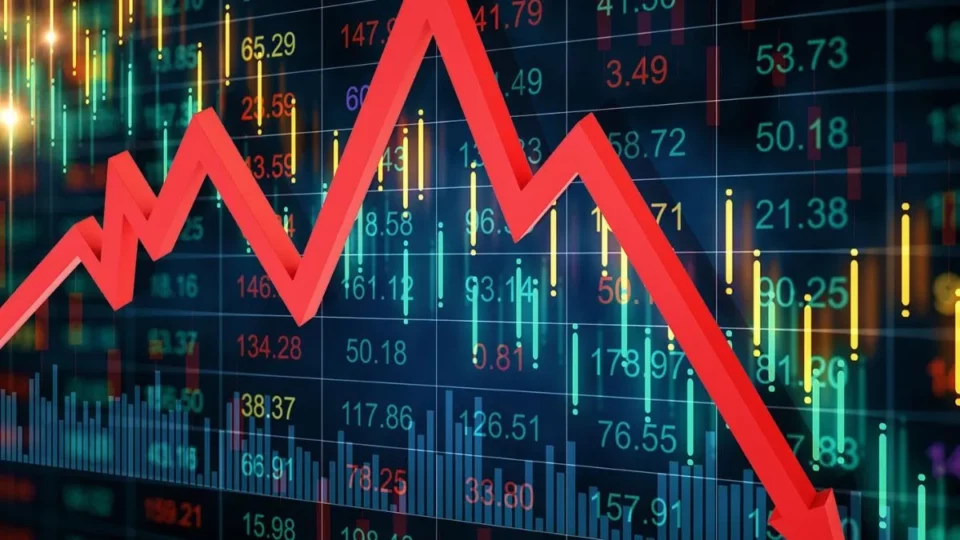In recent events, the JPEX virtual asset trading platform(VATPs)in Hong Kong has come under scrutiny for its suspected involvement in a major fraud case. This development has raised concerns about the effectiveness of the current regulatory framework governing cryptocurrencies. Xu Zhengyu, a prominent financial commentator, has emphasized the urgent need for more robust oversight in the industry. This article delves into the JPEX scandal and the pressing demand for a comprehensive regulatory system for cryptocurrencies.
Hong Kong’s Regulatory Void on Stablecoins
Hui Ching-yu, the Secretary for Financial Services and the Treasury expressed his concerns during an investment committee interview program. He underscored that the JPEX scandal highlights the pressing need for regulatory supervision in the virtual asset sector. Furthermore, he pointed out a significant regulatory gap in Hong Kong — the absence of a stablecoin framework.
Risks of Unregulated Platforms
Xu Zhengyu, speaking in a live online program of the Investment and Financial Education Committee, shed light on the high risks associated with unregulated virtual asset trading platforms. These platforms often lack transparency and may operate without stability or reliability. In the event of disputes or platform failures, investors have limited avenues for recourse, potentially resulting in substantial financial losses. Notable incidents, like FTX’s collapse overseas and the recent JPEX case in Hong Kong, serve as stark reminders of these risks.
The Volatile Nature of Stablecoins
Many virtual asset trading platforms have historically relied on stablecoins like USDT as trading mediums. Xu Zhengyu emphasized the necessity for these coins to maintain value stability by being backed by US dollars or gold. However, past instances have demonstrated that stablecoins can experience significant price volatility or collapse. Xu stressed that the management of reserves by stablecoin issuers directly impacts price stability and investors’ ability to redeem fiat currencies. Given these challenges, Hong Kong has refrained from permitting retail trading in stablecoins until comprehensive regulations are in place.
Limitations on Trading Platforms
To safeguard investor interests and prevent conflicts of interest, Huang Lexin, Director of the Licensing Section and Head of the Financial Technology Group of the Intermediary Department of the SFC, outlined certain restrictions for licensed virtual asset trading platforms. These platforms are prohibited from offering various investment products, including periodic “pledges,” interest collection services, deposits, and derivatives transactions.
Huang Lexin also noted that SFC-licensed virtual asset trading platforms are limited to facilitating the purchase and sale of Bitcoin (BTC) and Ethereum (ETH) for retail investors. Any introduction of new currencies on these platforms must adhere to stringent reporting requirements and obtain approval from the China Securities Regulatory Commission before becoming available for trading.





